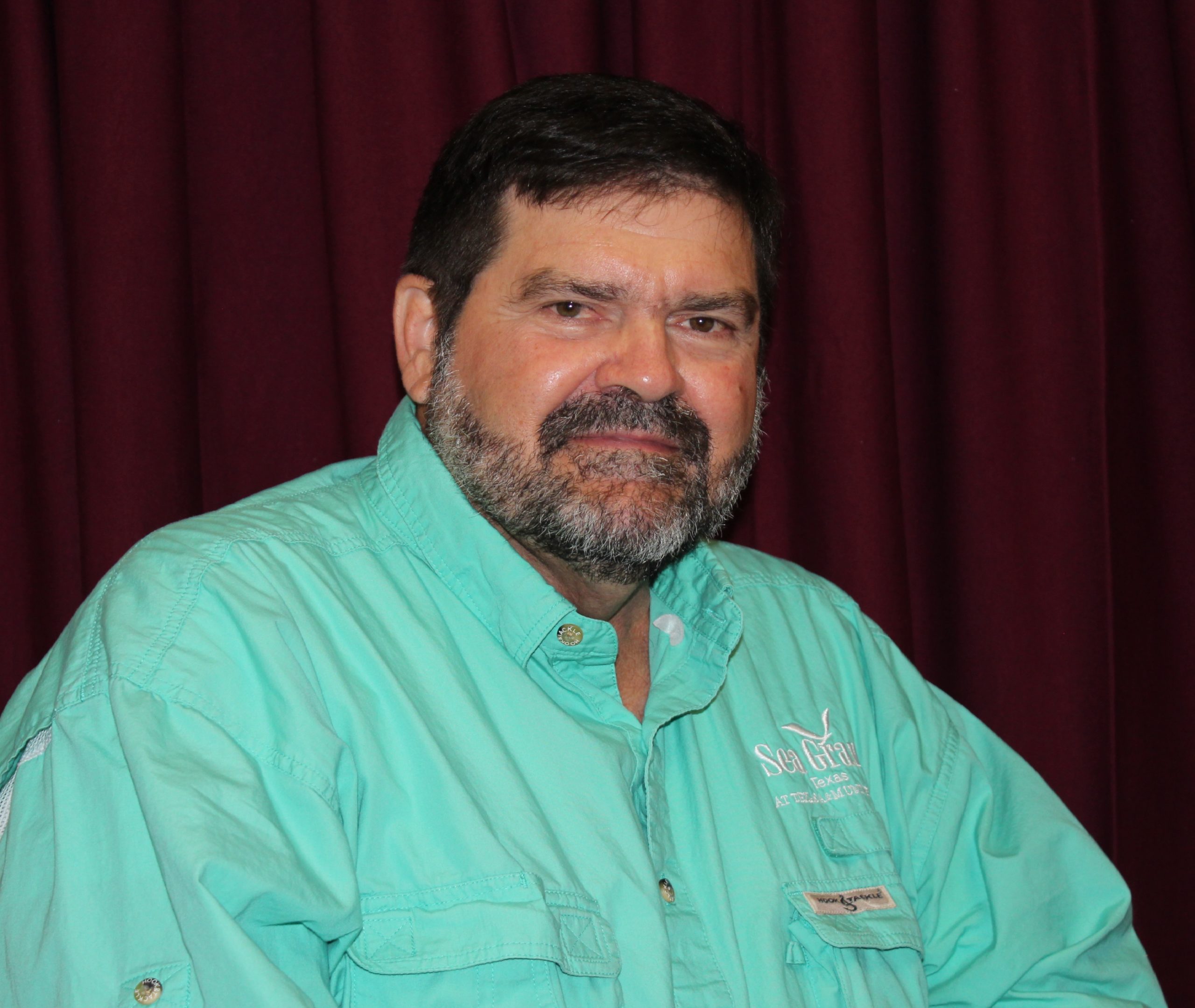Cooking with Seafood
For more than 45 years, agents and specialists with Texas Sea Grant and other Sea Grant programs across the United States have worked in coastal fishing communities on a variety of topics including seafood safety and sustainability.
Overview
Educating seafood consumers on the health benefits, care and selection, and ease of cooking has long been a goal in Texas.
Eating seafood at least once a week can benefit you by decreasing the chance of developing many chronic diseases, increasing cognitive function, and of course, by being delicious. It is also an excellent way to support the Texas economy, with commercial fisheries, processing and seafood retail accounting for approximately 23,000 Texas jobs.
Learn how to cook with Gulf seafood with these recipes. More recipes available on Texas Sea Grant’s YouTube Cooking with Seafood playlist.
Seafood Recipes
About Cooking and Eating Seafood
Sportfish Consumption
Fish are nutritious and good for you to eat. But some fish you catch may take in toxic chemicals from the water they live in and the food they eat. Some of these chemicals build up in the fish — and in you — over time. Although the chemical levels are usually low, it is a good idea to follow a few precautions in consuming fish, particularly if you eat fish often.
The Texas Department of State Health Services (DSHS) issues consumption advisories and possession bans. These advisories are not intended to discourage you from eating fish entirely. Fish are nutritious and an excellent source of protein. The advisories should be followed to make your sport fish eating safer.
A consumption advisory issued by the DSHS may recommend limited or no consumption of fish or aquatic life from a body of water because tests found contaminants at unsafe levels.
A possession ban prohibits the taking of fish or aquatic life from a body of water where tissue testing indicates the likelihood of a serious or imminent threat to public health.
The Texas Fish Consumption Advisory Viewer is an interactive map that allows users to identify current water body-specific health advisory information for fish from Texas waters. Learn more about eating your catch at Fish Consumption Bans and Advisories.
Safety and Selection
Growing public awareness and concerns about seafood contamination have sparked a renewed interest in seafood safety. The short U.S. Food & Drug Administration (FDA) video below is a helpful resource.
All seafood processors in the U.S. are required by the FDA to operate under a Hazard Analysis Critical Control Point (HACCP) program. This program is an effective way to ensure the safety of food by preventing problems from developing.
As in the case with consuming other raw animal protein products, there is a risk associated with consuming raw oysters, clams and mussels. If you suffer from chronic illness of the liver, stomach or blood, or have immune disorders, do not eat these products raw. The Interstate Shellfish Sanitation Conference has consumer information on oysters, clams, mussels and scallops. SafeOysters.org is another good source of information on Vibrio vulnificus.
Several resources are available to educate consumers about seafood safety:
- American Shrimp Processors Association (ASPA)
- Seafood Health Facts: Making Smart Choices
- Keeping Seafood Safe at Home
- Seafood Safety: What Consumers Need to Know
Health and Nutrition
Seafoods are rich in vitamins and minerals, low in sodium and a unique source of omega-3 fatty acids. A four-ounce serving provides nearly half the protein needed each day to help build and repair body tissue. Generally considered a low-calorie food, seafood can provide your daily protein needs with fewer calories and fat than other protein-rich foods such as meat and poultry.
Benefits of a seafood rich diet:
- Reduces the risk of cardiovascular disease
- Helps protect against heart attack and sudden death
- Decreases risk of heart arrhythmias
- Decreases blood triglyceride levels
- Increases HDL (good) cholesterol
- Improves circulation
- Contributes to neurological development in infants
- Contributes to vision development and nerve growth in the retina
- Helps build muscles and tissues
Learn more from these publications:
Products and Resources
Hooked on Seafood: A Compilation of Texas’ Best — This collection of recipes covers a range of appetizers, salads, sandwiches, soups, entrees, and holiday and party foods.
Seafood at its Best — This curriculum created by the University of Idaho Extension Service consists of four lessons and includes powerpoint presentations, quizzes, handouts and activities. The target audience for this curriculum includes family and consumer sciences educators, nutritionists, dieticians, food service personnel, and nutrition outreach professionals.
National Seafood Month: Laura’s Challenge
Texas Gulf Shrimp: Episode 1
Texas Gulf Shrimp: Episode 3
Contact

John O’Connell
Coastal and Marine Extension Agent, Brazoria County- john.oconnell@ag.tamu.edu
- (979) 864-1558
